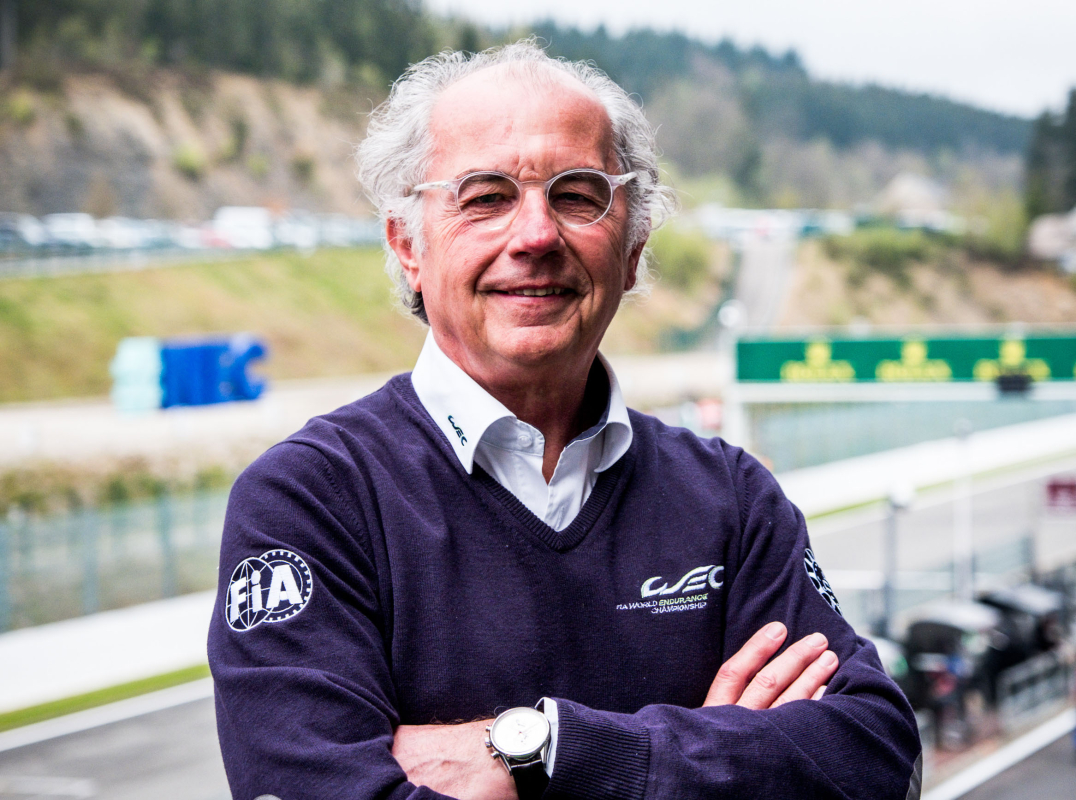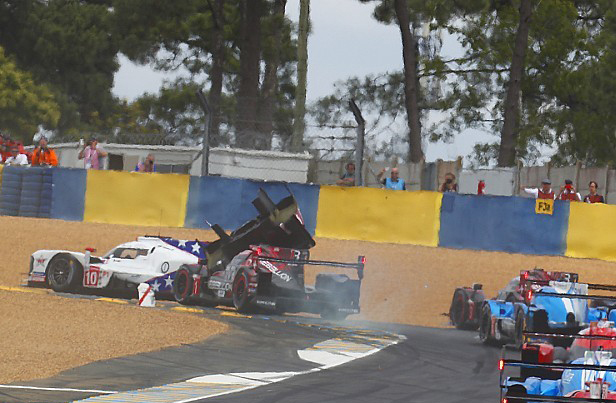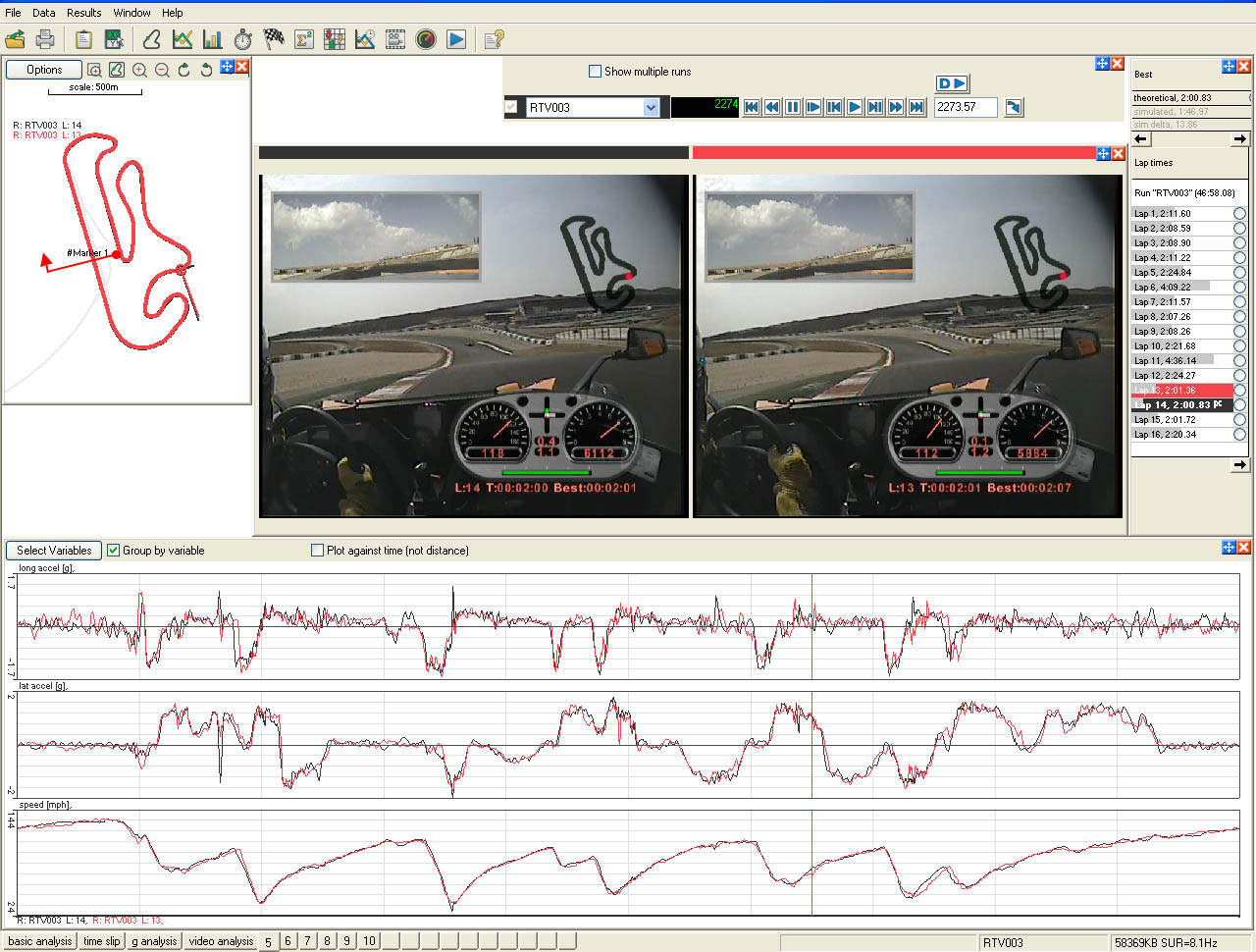
In order to find out more about their work in endurance racing, we spoke to the permanent Chairman of the Panel of Stewards for the WEC, Jean-Francois Veroux. Here's part 2 of the interview.


Q: How does the procedure work once you are at a race weekend?
J-FV: “The Race Director informs us of an incident to be investigated by a report which is sent to us, but he’s not the only person to send us reports as we can also receive them from Technical Delegates. Competitors can also bring us cases for our judgement. Once a report is with us, the Race Director has no further involvement with the Decision that is made unless his presence is specifically requested by the Stewards.
“For a case which happens during a track session, for example, we will look at the data from the car, video footage, any relevant paperwork plus the report and make our own investigation with the assistance of the data specialist from SBG.
“Then, for a major infringement, we summon the drivers involved and their team representatives to hear their explanations. In endurance racing, although it is not compulsory according to the code of practice, we usually summon the individuals in order to speak with them and completely understand what happened.
“I consider this to be important because it’s pedagogic; although we are there to uphold the rules and make sure they are observed, we are involved in a sport and we must maintain the dialogue in order to be respected and, equally, for us to respect our competitors.”

Q: What changes have you seen since you became an FIA Steward and has the progression in technology helped or hindered you?
“I’m not sure it’s really a help but it depends a little on the individual Steward and his way of working. Of course, we have the data and with this we can see everything: speed, distance, when he braked, how hard he pushed on the brake pedal, when he turned the wheel and so on. That’s very good but it’s easy to see all this from one perspective only, from your office with two other guys watching the data, but in reality it’s different when the driver is doing over 300 km/h during the night and battling others.
“Personally, my way of working is that I use the data as a back up tool. I prefer to look and talk and then, if I have to check something, I will use it. What is important, however, is that with technology the driver cannot lie.
“Every race is different and has its own character. Sometimes a competitor can be more aggressive or tougher than at other times, but there is always a certain limit beyond which a driver’s behaviour on track is unacceptable. We ask the Driver Advisor to give his opinion, which we may not always agree with but which we always listen to. He is not one of the official Arbitrators but his advice may be taken into account.”
Q: Why can it sometimes take such a long time to reach a decision?
“With the complexity of the technical regulations in endurance racing, the desire of the regulatory body to have an equal performance level for different cars racing together within four categories, and the increasing amount of detail in the sporting rules plus technology, it becomes harder and harder and there is more and more pressure. A day for us might not finish until 6-8 hours after the end of a race, and it wasn’t like this even four years ago.
“First of all, the time it takes for an investigation can be lengthy. We ask for information from the Timekeepers, the TV/video producers, a team’s data, the Technical Delegates’ data and so on. From then you have a hearing with the competitors and drivers concerned, with sometimes a second or even a third hearing as a new element may be introduced which also needs analysis.
“When all the facts are compiled and understood, we have to make the decision and discuss it between us. We are not always in agreement to begin with but, at the end of the day, all the Stewards have to be in complete accord so it can take time to convince one or the other about something.
“Then you have to write the decision, and nowadays much care must be taken in the way this is done because it is an official document from a legal point of view. You have to formalise this, get all the relevant signatures and then additionally respect the time allowed for right of appeal by a competitor. It’s a lengthy process at best, and an extremely long one at worst.”
Q: Would the ‘best’ race for you be the one with few or even no decisions?
JF-V: “It never happens! (laughs). I do remember one race, which may have been the last of the season, and we only had a small handful of decisions but that is very unusual. It’s a dream!